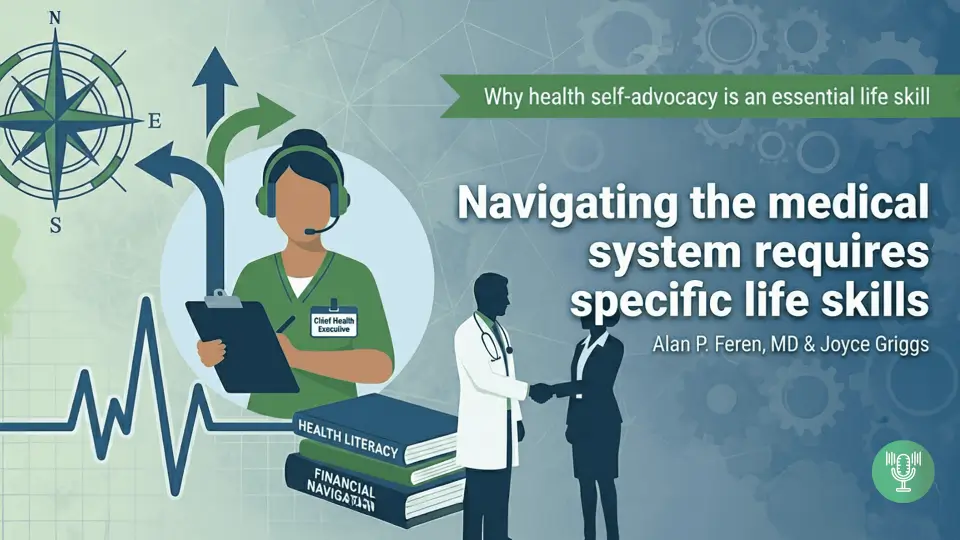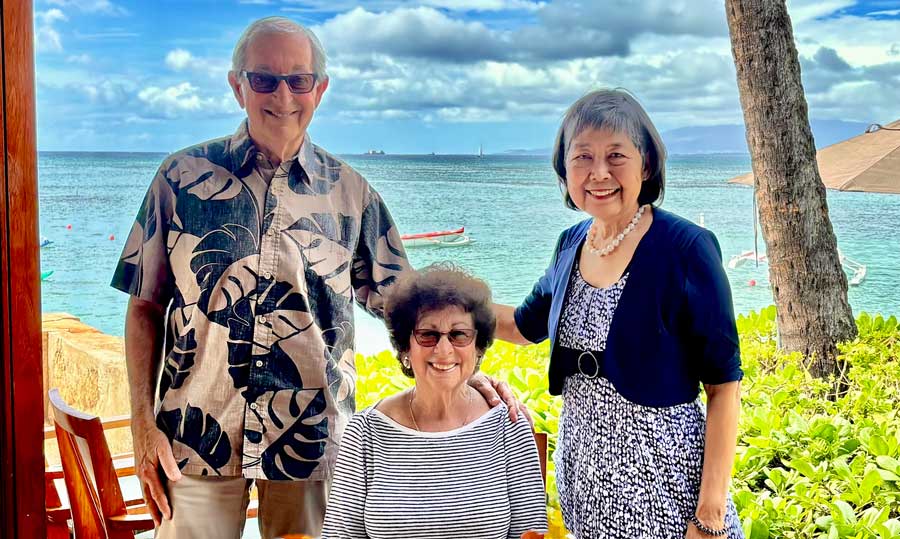Dear friends,
There were three of us at lunch that day – two friends from my days in corporate America. Mary, now 80 years old and happily retired in Southern California and Frank, 82 years old, still living in Connecticut but visiting LA that warm spring day. While we had stayed in touch via the occasional phone and zoom calls, we had not seen each other in years.
And so, it was with some surprise to me that our conversation quickly turned into a serious discussion about the state of our personal finances at this stage of our lives. Frank was especially distraught over some financial investments he had made that turned out badly. These had serious and terrible consequences for his children and grandchildren to whom he had wanted to bequeath his assets at his death. And recalling his age, Frank said he was afraid that that he would not have enough time to reinvest and recoup his losses.
What followed was a long discussion among the three of us about our instinctive need and desire to flagellate ourselves over bad decisions – whether for financial, family, work or other matters. Assessing blame on ourselves appears to be a particular trait among us three, and to a person, we are not masochists!
Mary pointed out that we lacked something really important which is self-compassion. She noted that we see failures (financial, work, etc.) as personal failures. She suggested that instead, we should acknowledge that we did the best we could with the resources we had at the time; resources meaning information, money, experience, connections, knowledge among other things. Mary’s observation turned our conversation around to a spirited discussion about actions we can take going forward. This reinforced for me, yet again, about the power of perspective.
Self-compassion is an important survival tool for us who are driven to accomplish all kinds of things usually within a ridiculously short period of time. And yes, this is so even for retired people!
Best,
Cora



